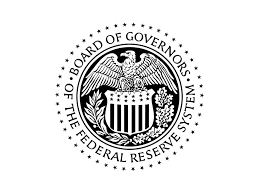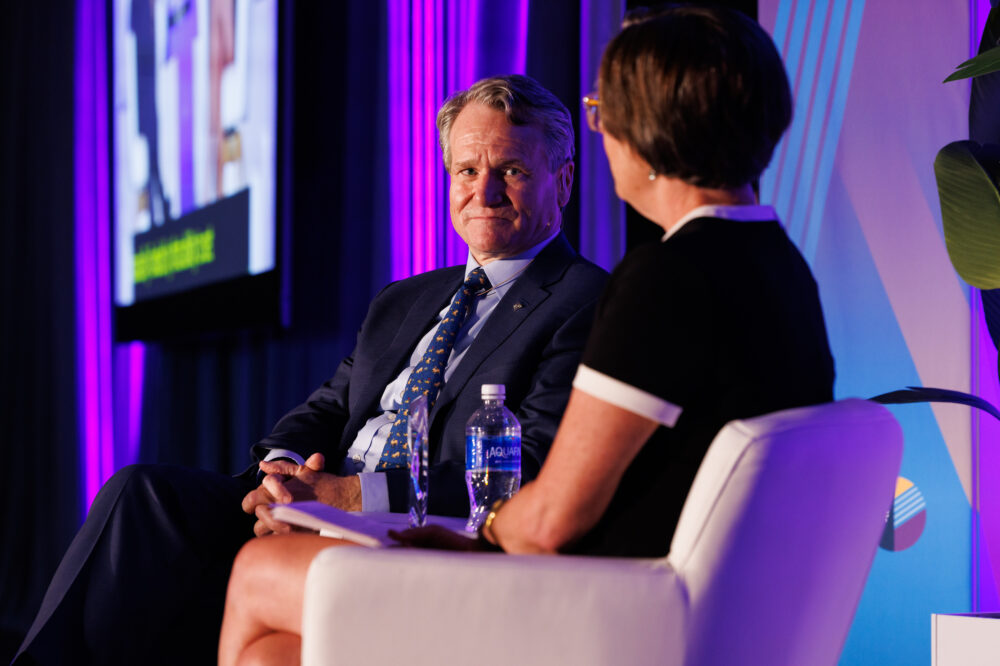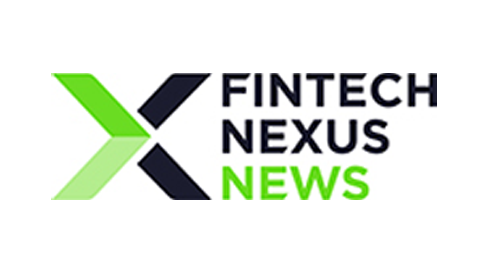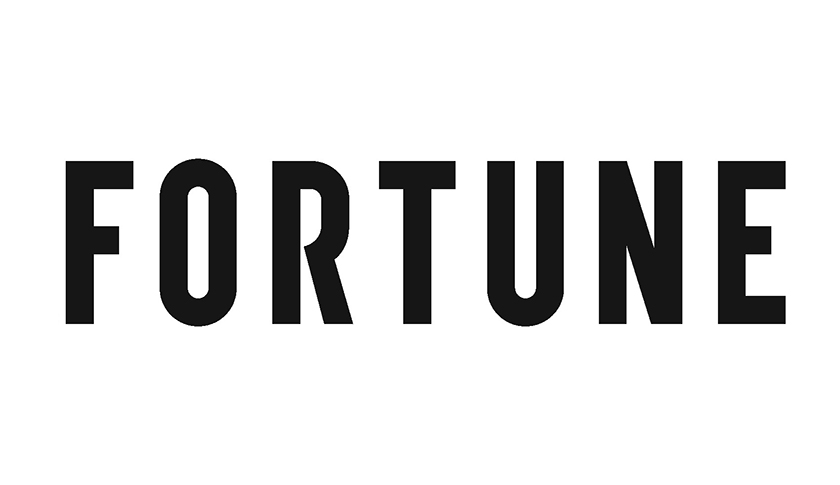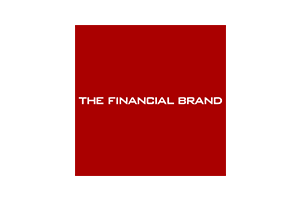Financial Inclusion Practices and Innovations, July 9, 2024
The Federal Reserve System is the central bank of the United States. It performs five general functions to promote the effective operation of the U.S. economy and, more generally, the public interest.
Banks should embrace new tools for measuring consumer financial health
The OCC's new Vital Signs initiative gives bankers an important tool to help them assess the financial health and stability of their customers, and to help them build a strong foundation for the future, writes Jennifer Tescher, of the Financial Health Network.
Bank of America’s Brian Moynihan Bestowed with the 2024 Financial Health Visionary Award
Prestigious award recognizes unparalleled leadership in building a more accessible and inclusive financial system
Assume EWA is a loan, even though everyone knows it isn’t
Looking back over my decade-plus covering fintech, I see parallels between earned wage access (EWA) today and the past paths of equity crowdfunding, peer-to-peer lending and BNPL. Others in the industry do, too.
Regulatory Catch Up
As regular readers of this newsletter know, I spend a lot of my time carefully reading the rules set by regulatory agencies and parsing the public statements made by regulators.
How to establish credit for adults with disabilities
The credit landscape for Americans with disabilities is uneven. Low credit scores and lacking credit health are common obstacles for disabled people.
Exploring the Interconnectedness of Financial and Mental Health
Our recent Member-exclusive Executive Roundtable shared several ways organizations can support people’s financial and mental well-being.
Alumni Spotlight: Building Better Communities
These Financial Health Network alumni are now focused on solutions that help small businesses and communities thrive.
BlackRock’s Emergency Savings Initiative: Helping More Americans Save
Recognizing that millions of Americans lack short-term savings, BlackRock set out to discover how to help more families build a financial safety net.
Financial Health Network study shows circular relationship between financial, mental health
A new Financial Health Network study released last month shows a circular relationship between mental and financial health. While it is well-known that mental health challenges lead to financial issues, financial issues often produce additional mental health concerns.
Financial stress is making us mentally and physically ill. Here’s how to cope
Years ago, I received a surprise in the mail: a $500 bill for a recent X-ray. I was earning an entry-level media salary at the time (for the uninitiated, that’s equivalent to peanuts), and the shock of having to figure out how to cover an unexpected expense sent my pulse racing with anxiety and my head pounding with stress.
Why Wellness Tech Will Redefine the Race for Deposits
Financial institutions have traditionally left the responsibility for growing deposit amounts to the account holders themselves.
